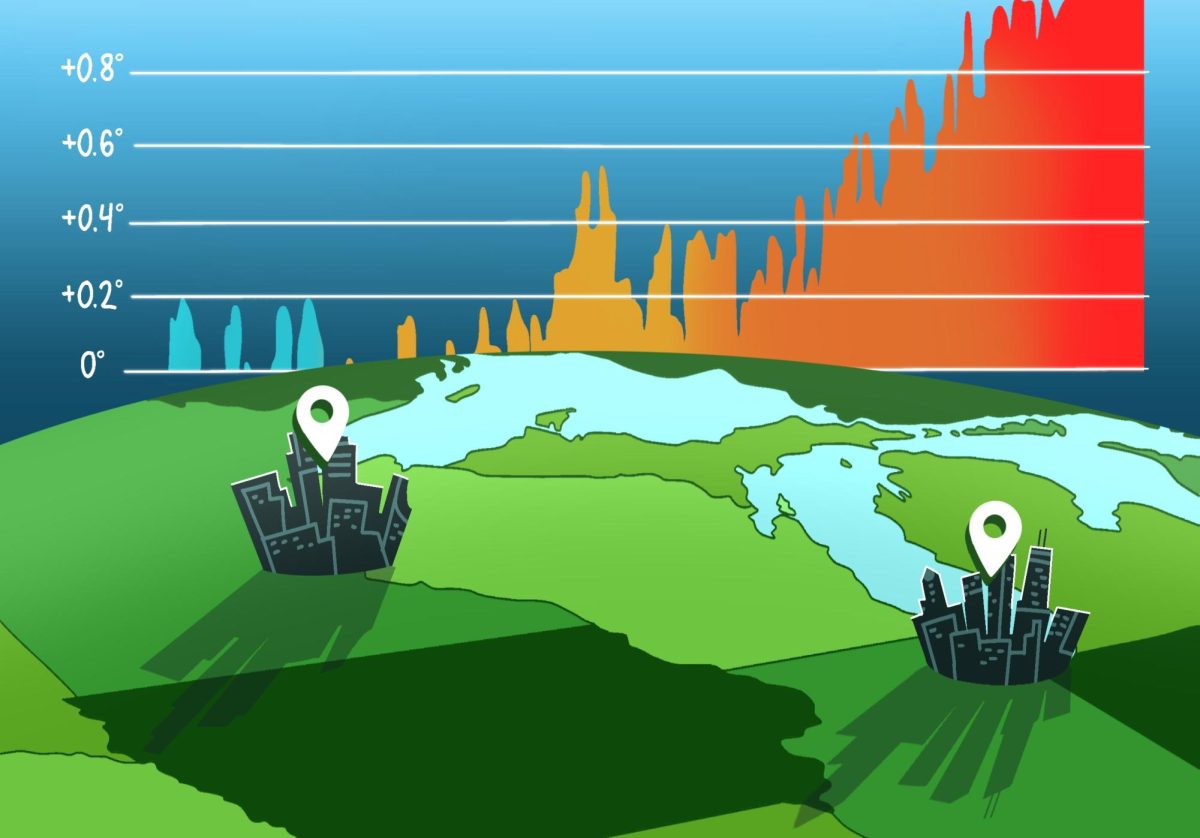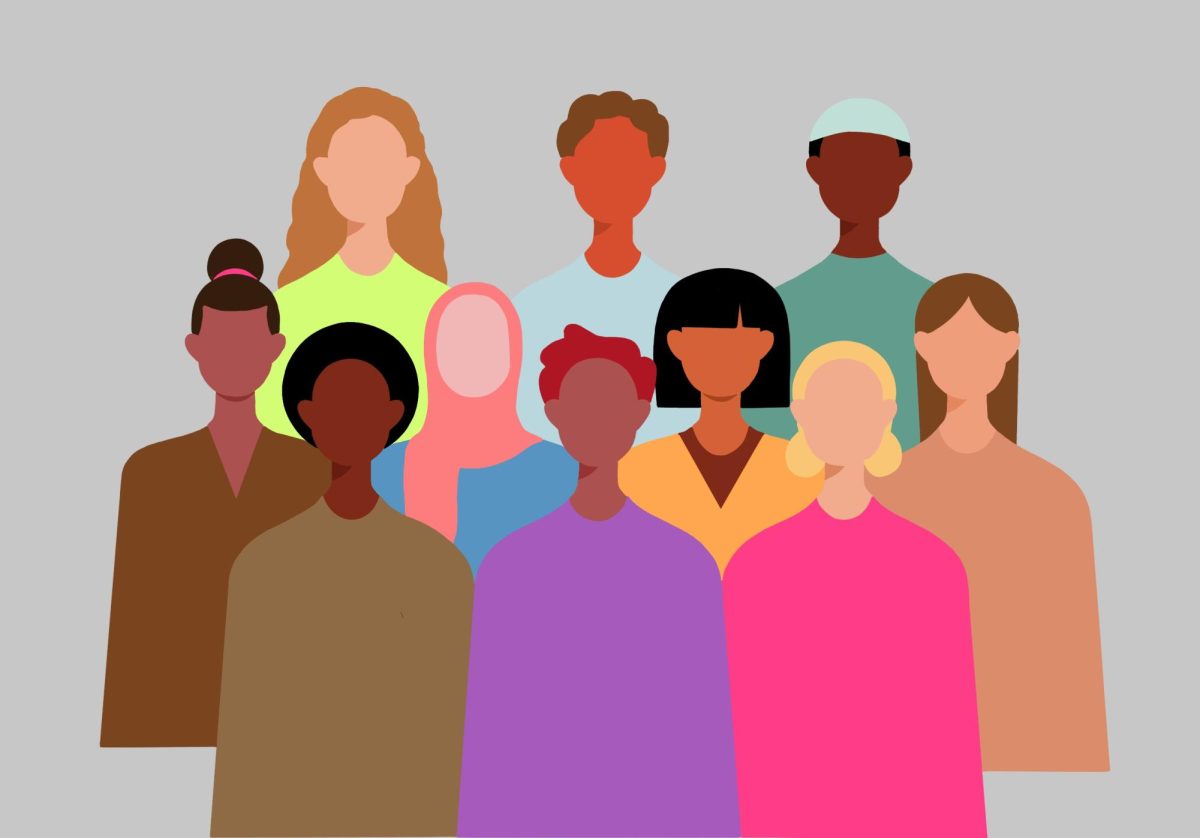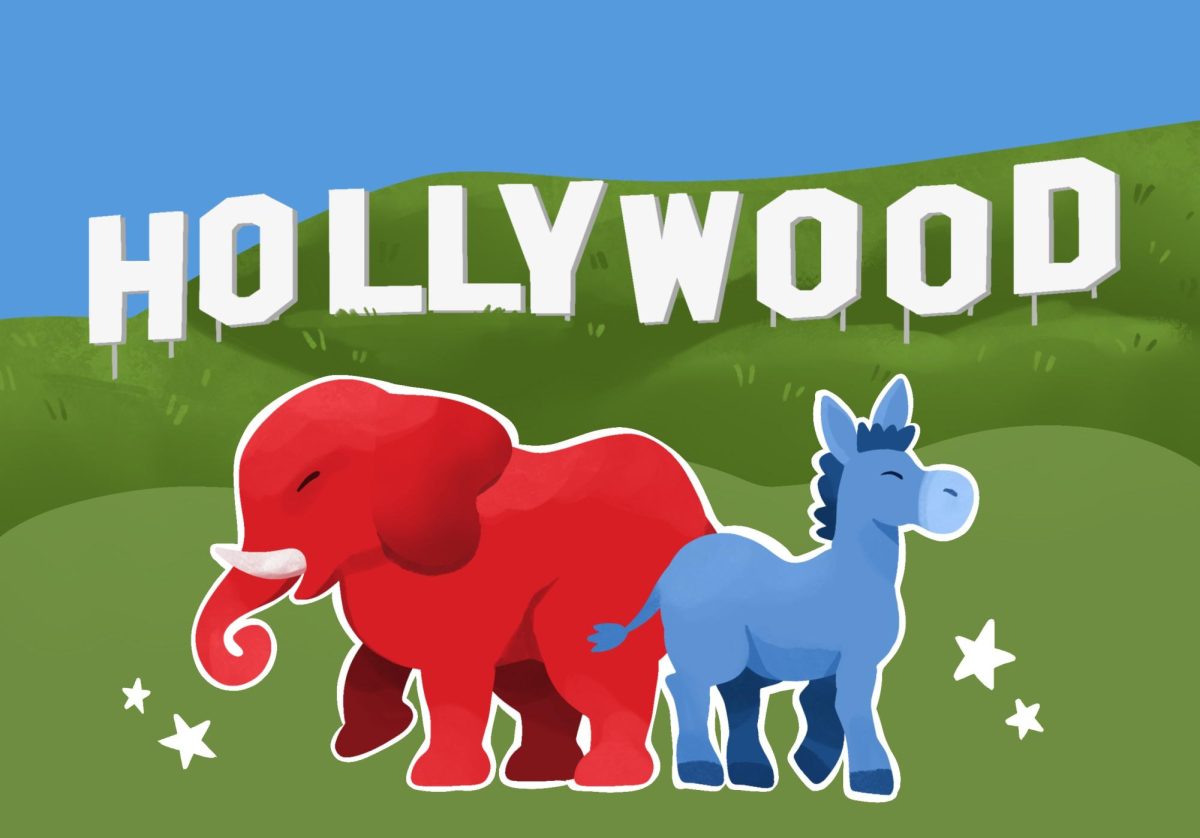Free market competition has many benefits. In a competitive economy, businesses compete for customers, employees and partners. The firm that sells the best product at the best price, or offers the best working conditions and wages, will win out.
At least in theory.
What happens when competition is subverted? It’s possible for the free market to eat itself. When companies grow extremely large, it can undermine competition. This can also happen if companies that are supposed to compete instead collude with one another.
This collusion is where antitrust got its name.
“There was an intermediate legal mechanism where we could combine not our assets, but our price and output decisions, and that was called a trust,” said Michael Munger, an economist at Duke University and a senior fellow at the American Institute for Economic Research, a free-market think tank.
Things have changed a lot since those early days. Today, many scholars claim large companies have too much power, in part due to inadequate action by the government. This can lead to monopoly or oligopoly, in which one or a few large sellers distort the market, or monopsony or oligopsony, in which one or a few large buyers distort the market.
When one firm has excessive market power, it can raise prices and will have more money while customers have less, according to a 2017 paper by Lina Khan and Sandeep Vaheesan. Khan, a leading advocate for more stringent antitrust, is now Chairwoman of the Federal Trade Commission (FTC). Vaheesan is legal director at the Open Markets Institute, a group that advocates for stricter antitrust enforcement.
Khan and Vaheesan argue the distortions created by market power intensify economic inequality by giving company owners more money at the expense of consumers. Disproportionate market power also reduces economic efficiency.
Another harm of “bigness” happens at the other end — employment.
“That labor markets have important elements of monopsony power is becoming clear beyond any reasonable doubt,” wrote Alan Manning, a professor at the London School of Economics, in a 2020 paper.
Historically, Manning wrote, there have been far fewer antitrust cases about employees than consumers in the U.S. However, in recent years, anti-competitive labor practices like non-compete agreements have come under increasing scrutiny.
Not everyone is so sure. For instance, a 2022 paper published by the libertarian Cato Institute argued the evidence for labor market monopsony is not as strong as some scholars have claimed.
Jeffrey Miron, a co-author of that report, is an economist at Harvard and Cato. “Depending on how you define the market, you can conclude that there was a huge amount of market power, or hardly any,” he said.
In addition, there could be costs to increasing antitrust regulation. First of all, bigness can actually benefit people, in the form of lower prices, for example.
But, even if bigness is bad, legislating against it still has costs.
“My argument is that, when you outlaw something, you create all sorts of unintended consequences,” Miron said. “Maybe competition is better than monopoly. But, if we try to accomplish that with policy, then we’re going to have to decide exactly which companies to break up and which not. That might get determined more by crony capitalism than by a benevolent social planner.”
Some experts also cautioned against trying to solve too many social problems using antitrust.
“If you try to use antitrust to do too many different things, you’ve got to start balancing incommensurate values,” Leon Greenfield of the law firm WilmerHale said. “What happens if you’ve got a deal that is gonna lead to lower prices to consumers, but it may result in some shutting down of plants?”
“There really isn’t, to my mind, any particular reason to think the antitrust laws are a good tool to address a number of the other harms that have been raised,” said Perry Lange, also of WilmerHale, who co-wrote a paper with Greenfield.
Lange brought up the environment, privacy and money in politics as examples.
“Most of the work we do will tend to be taking a non-interventionist approach on behalf of our clients,” Greenfield said. “But [in the paper] we were not trying to say there shouldn’t be any reform.”
Another issue with antitrust law is the clarity of the rules. Unclear antitrust rules mean it costs more money and time for companies to figure out if something they want to do is legal, Munger said. This puts a damper on innovation.
“I was surprised at how vague the law was,” said Munger, who used to work at the FTC. This gives the FTC wide latitude to decide how to interpret the law.
This lack of clarity can also lead to political manipulation.
“Even if you believe that the current set of bureaucrats are capable of taking that enormous power, why do you think the upcoming Trump or DeSantis administration will,” Munger said.
However, Munger did acknowledge it would be possible to have both clear rules and stricter enforcement.
“There’s a bunch of very smart people who believe that,” he said. “I happen to disagree, but it’s very plausible.”
To me, this sounds like the way forward. I think that antitrust regulation needs to be clear, but it also needs to be more strict.
As an example, in 2012, Mark Zuckerberg wrote in an email that several smaller competitors “could be very disruptive to” Facebook and suggested acquiring them to neutralize the threat. Facebook would later purchase Instagram, one of those competitors.
These sorts of anti-competitive deals should not be allowed.
Fundamentally, I believe the free market can be a powerful thing. But to keep the market free, we’re going to have to regulate it clearly and thoughtfully.






















